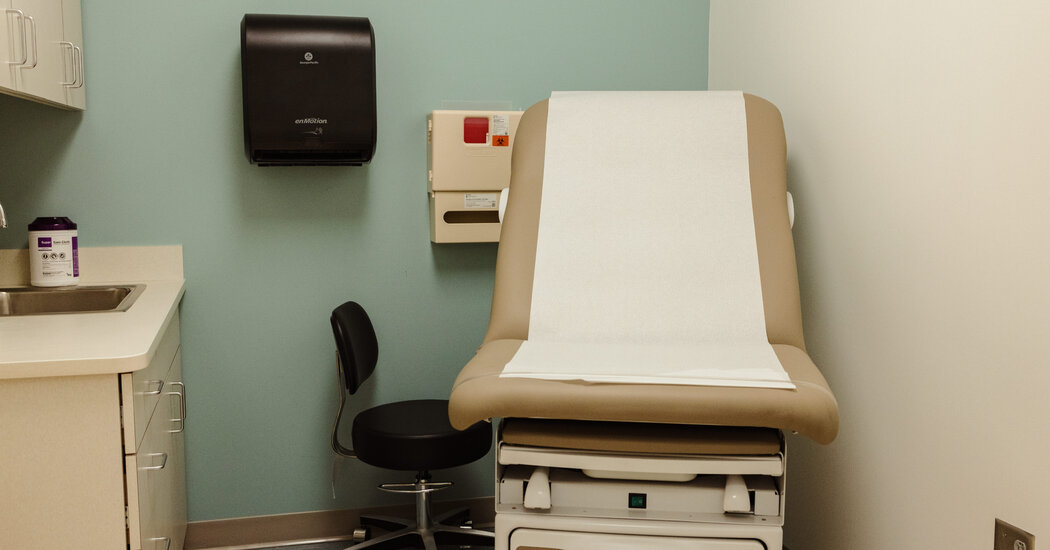I am in the beginning of my CA-2 year and still undecided on if I want to pursue fellowship or not. I am considering Pain and cardiac fellowship, I know they are both very different from each other, but each has their pros and cons in my opinion.
Is it a little too late for me to be in this situation? I am worried if I pursue cardiac fellowship that I will be required to have a very tough call schedule for the rest of my life. I would like to do a mix of cardiac and general cases in the future as I enjoy both, but I also don't want to be "pidgeonholed" (whatever that means) into just doing cardiac cases because I have the training and have limited job opportunities.
Regarding Pain, I like the procedures and find flouroscopic epidurals very satisfying for some reason lol. I like the idea of working outpatient sometimes, but after rotating in pain realized the stresses my attending had being a business owner. I know both are very competitive and some people have known they wanted to do either pain or cardiac since there first day of residency. I am not one of these people and do not have any ground breaking research or really any research specific to either field. I have a single publication in a respected journal regarding general anesthesia, but nothing subspecialty specific. Sorry about the rant. But wondering what people with more experience/more wise than me think about this situation.
Would appreciate some input if possible. Thank you.
Is it a little too late for me to be in this situation? I am worried if I pursue cardiac fellowship that I will be required to have a very tough call schedule for the rest of my life. I would like to do a mix of cardiac and general cases in the future as I enjoy both, but I also don't want to be "pidgeonholed" (whatever that means) into just doing cardiac cases because I have the training and have limited job opportunities.
Regarding Pain, I like the procedures and find flouroscopic epidurals very satisfying for some reason lol. I like the idea of working outpatient sometimes, but after rotating in pain realized the stresses my attending had being a business owner. I know both are very competitive and some people have known they wanted to do either pain or cardiac since there first day of residency. I am not one of these people and do not have any ground breaking research or really any research specific to either field. I have a single publication in a respected journal regarding general anesthesia, but nothing subspecialty specific. Sorry about the rant. But wondering what people with more experience/more wise than me think about this situation.
Would appreciate some input if possible. Thank you.


